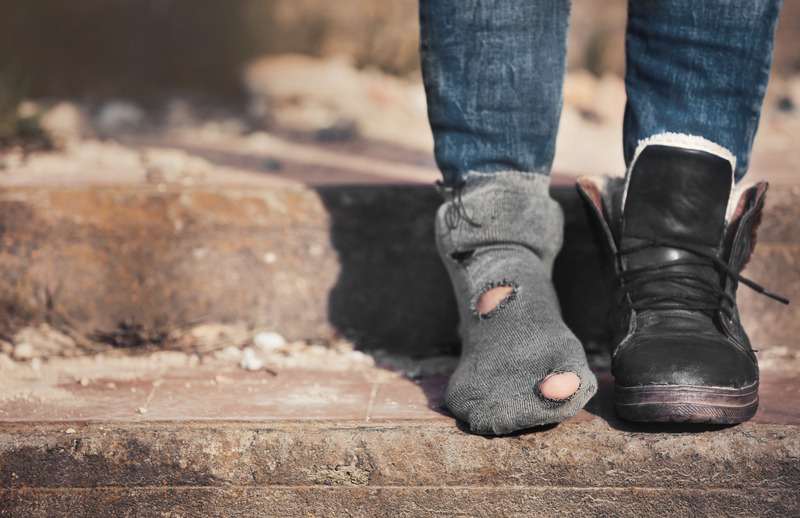Members of the U.S. House Work and Welfare Subcommittee came to Illinois this month to drum up support for work requirements for anyone seeking public assistance.
U.S. Rep. Darin LaHood, R-Peoria, and U.S. Rep. Danny Davis, D-Chicago, held a field hearing on what they called the “Dignity of Work,” stressing the importance of employment as a solution to lift people out of poverty.
Nearly 12% of Illinois residents live below the federal poverty line – LaHood said at the hearing that teamwork is needed to help more of them find jobs.
“Whether it’s through churches, nonprofits, private foundations or government programs,” said LaHood, “when providing relief and assistance to those in need, we should be exploring every possibility to promote work as the surest pathway out of poverty.”
But the Center on Budget and Policy Priorities points out that most working-age adults who receive assistance like Medicaid or SNAP are already working – their jobs don’t pay enough to meet basic household expenses.
Others are dealing with child care or elder care, have health issues, or are between jobs and need assistance only temporarily.
Testimony at the hearing included multiple examples of people who were able to become self-sustaining with help from the federal programs.
Kristy Schofield, now the director of Homeless and Housing at Dream Center Peoria, said she was a single mother of two and living in her car before reaching out for help.
She said these programs are a godsend for someone who has lost hope.
“These programs give our guests an opportunity to work – and with that, accomplish and achieve,” said Schofield, “thereby gaining that self-esteem and belief in themselves, and lowering the chance that they will live in poverty.”
Congressman LaHood said, “Tying federal benefits to the expectation of work is not a punishment.”
He cited an Axios-Ipsos poll out last year that found growing support for making people look for work if they want public assistance – including 80% of Republicans, 66% of Independents, and 49% of Democrats.
Terri Dee Reporting








